Affiliate Disclosure: We earn a commission if you purchase through one of our links at no additional cost to you.
Wondering if you should sue for copyright infringement? This article details information I learned when I discovered copyright infringement on my photos downloaded from Flickr.
It wasn’t the first copyright infringement I discovered, but this was the first time I filed a lawsuit to protect my rights and seek money damages for my original work.
Discovery of Copyright Infringement
In early February 2011, I chatted online with other photographers I knew. They discovered some of their images being used on a website without their consent or any licensing agreement. Some believed the photos were taken from Flickr.
However, the photos didn’t offer any attribution by the website or link back to Flickr. Both of those are required by the Flickr API and Terms of Service. Instead, the website copied the photos and hosted them on its servers. In some cases, the photographer’s watermark was visible.
In other cases, the website had put its watermark on the images. As you can guess, the photographers were pissed off.
Flickr’s API also requires any service that collects the images to respect the owner’s rights. Some people place their images in Creative Commons under attributions that may allow them to be used like this.
However, our groups all seemed to have their accounts set to All Rights Reserved, meaning they did not authorize a license for publication elsewhere.
One person found at least 17 of his images used by the site. Another previously dealt with the site last year, only to find his images stolen once again and posted without attribution, link, license, or payment. I sympathized with my fellow photographers as I recently found myself in this predicament.
Then, I found one of my photos on the site. Rather than sympathizing, I discovered I’m a victim of copyright infringement, too.
1: What Can You Do As a Copyright Owner?
You can ask them to remove the photo or get a license to use it by sending a cease & desist letter.
Flickr has rules that say when someone takes your photos, they need to give credit and link back to you. If someone breaks these rules, you can report them to Flickr, and they will take action.
You may also be able to file a Digital Millennium Copyright Act (DMCA) takedown notice with the website that has used your photos without permission. This process requires you to send an official letter or email to the hosting company or ISP of the site accusing them of copyright infringement.
The hosting company or ISP will then take the offending website offline until the site owner can prove they have a license to use your photo. If they cannot, your photo must be removed from their site, and you may receive compensation for damages caused by the infringement.
Finally, you may also take legal action against the website that included your photos without permission. You can file a lawsuit in federal court and seek monetary damages for copyright infringement.
This is probably one of the best ways to make sure you are properly compensated for someone using your work without permission. Yet this course requires you to have a valid copyright registration with the U.S. Copyright Office before the copyright infringement.
No matter what path you choose, be aware that taking legal action can be expensive and time-consuming. Make sure you research and understand the process before filing a lawsuit or DMCA takedown notice.
Remember, as the copyright holder of an original work, you have control over how it is used and distributed. If someone has infringed upon your rights, know that you can take action to protect them. Good luck!
2: Deciding Which Copyright Infringement Action to Take
As our group discussed copyright infringement, the resolutions bounced around. Some wrote DMCA takedown notices, others spoke of sending invoices, etc. My thoughts were a bit stronger.
In some late-night bluster, I decided to sue their ass.
No more Mr. Nice Guy. Why bother with a DMCA Takedown Notice with a repeat offender?
It’s easy to get worked up like that when you’re commiserating with people in shared circumstances.
A couple of nights later, I’m thinking more clearly now. Rather than just thinking of suing them, I’m thinking of how to do it. Details are important, of course. Here are some of my details:
3: Only Federal Court Deals with Copyright Law
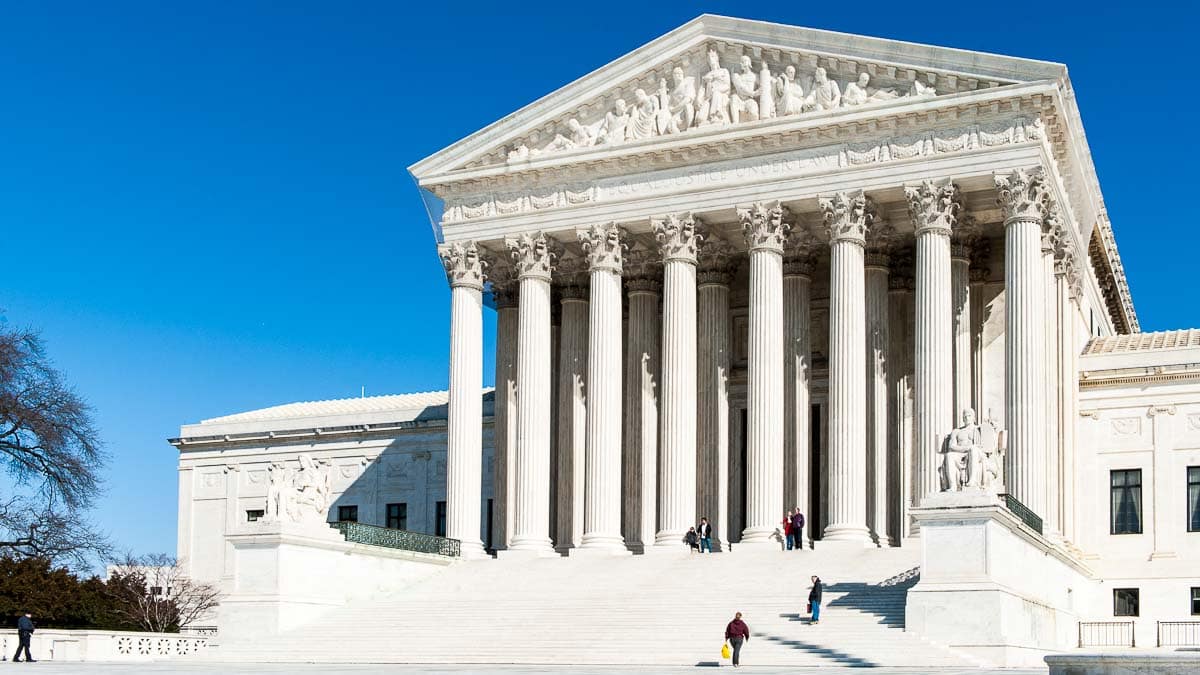
From what I have read about copyright infringement issues, I’ve taken the necessary steps to take this case before a federal court in an infringement case. Copyright law provides up to $30,000 for an infringement, plus attorney’s fees. The award may go up to $150,000 if the court determines the violation was willful.
One group member considered sending an invoice for $100 per photo. However, I’ve read on Carolyn E. Wright’s excellent blog that such an initial offer may limit your potential for damages later if the case goes to trial, as you’ve effectively set the value of the infringement.
There are details and nuances here that I don’t understand, so I need to find an experienced attorney before taking action.
4: You Need a Valid Copyright Registration Before Infringement
Some will tell you that your photo has copyright protection the moment you’ve taken it and do not need registration.
Those people clearly haven’t been to court for a copyright infringement lawsuit.
Since copyright is a federal law in the USA, only a federal district court deals with copyright infringement cases.
My copyright attorney first asked me whether I had copyright protection via registration for my photo. That’s because a valid copyright registration holds the keys to access a federal court for a copyright infringement case.
"An author cannot bring a lawsuit for copyright infringement, however, without a certificate of registration from the Copyright Office. The U.S. Supreme Court recently affirmed in Fourth Estate Public Benefit Corp. v. Wall-Street.com, LLC that a registration of copyrights, and not merely an application filed with the Copyright Office, is required in order to file a lawsuit alleging copyright infringement. Similarly, unless the application for registration of copyrights is filed with the Copyright Office within three months of first publication of the work or prior to infringement, certain valuable remedies are not available to the copyright holder—including the right to receive statutory damages up to $150,000 per work infringed, attorney fees and costs, injunctions, and impounding and disposition of infringing articles."
5: Potential Defenses Against Copyright Infringement Lawsuits
Of course, there’s always the possibility that you can lose in court. I’ve heard of two defenses the website may use, though there could be others.
- Fair Use – My last infringer claimed this defense, but I don’t think they met the criteria for it. I expect the current infringer may make the same claim, so I need to be prepared for that possibility.
- Invalidate My Registration – They could look for technicalities, such as inaccurate information on my registration, to invalidate it and get off the hook.
Fair Use is the most common defense raised in copyright infringement cases, so you must be aware of it.
A fair use defense in a copyright infringement case is when the defendant has used the plaintiff’s copyrighted work in a manner that can be considered “fair.” This could include using the work for criticism, comment, teaching, scholarship, or research. Fair use is outlined in Section 107 of the US Copyright Office.
It’s important to remember that a fair use defense does not prevent an alleged infringer from being sued. It’s the defense strategy they may use in legal proceedings.
Invalidating my copyright registration is a more technical defense and is not as common as the Fair Use defense. To invalidate my registration, the defendant must prove that either I did not have a valid copyright in the photo at the time of infringement or there were inaccuracies on my registration form.
When dealing with copyright infringement, I need to have a valid copyright registration and be prepared for any potential defense the defendant may raise. It’s also important to understand your options regarding settlement or litigation. Understanding the legal process is key to protecting yourself from copyright infringement.
No matter what you decide, talking to an attorney experienced in copyright law is always a good idea. They can help you understand the process and what to do next. Having an attorney on your side will ensure that your rights are protected and that you have the best chance of getting justice for your work.
6: What is a Contingency Lawsuit?
A contingency lawsuit is a type of legal action in which the attorney takes on the case without charging attorneys fees. Instead, the lawyer will receive a certain percentage from any settlement or court award their client receives.
This type of lawsuit can benefit both parties involved as it reduces the financial risk to the attorney and allows clients to pursue cases they may not be able to afford otherwise. A contingency agreement can provide additional protection for both parties when filing a copyright infringement lawsuit.
An alleged infringer doesn’t want to go to trial. Where the person filing the suit may find a copyright lawyer who takes the case on a contingency basis, there is no such thing as a contingency defense.
In a contingency lawsuit, the attorney typically fronts the costs and isn’t paid until a judgment or settlement is reached. A law firm defending against an infringement suit has to charge an hourly rate, which may be too expensive for some defendants. Upon receiving statutory damages or other awards, the attorney may receive a significant sum, such as 50% of the money awarded by the court.
Filing a contingency case isn’t completely cost-free for the plaintiff. I had to pay for the court filing and some other small fees outside the attorney’s fees.
Remember that a contingency attorney isn’t your attorney, as you aren’t paying them. They’re simply a business party that wants to earn a reward. If things get tough, they will work in their own best interest, and that may not be your best interest.
7: How to Find a Copyright Lawyer
I called the wife of a friend I’ve known since high school, as she’s a local attorney. I didn’t plan to hire her – she specializes in divorce and criminal law. Instead, I wanted to ask for references or tips on hiring an attorney.
While she didn’t know anyone in that field, she did offer to check on some local attorneys to see their standing with the Florida Bar.
Those of you who are KelbyOne members may have read the past two articles on how to select a lawyer in Photoshop User magazine. It’s good information, but I wanted to know more. My friend said she would check with the Florida Bar to see if anyone locally specializing in Intellectual Property law had a good history over the last ten years.
She advised dismissing anyone who had violations recorded with the bar (seems sensible) but also wanted to look at how long they’ve been practicing. Some websites rate attorneys, though I’m not sure I want to trust such a decision to a Legal version of Yelp.
Most people don’t know a good burger from a bad one, so they may not be qualified to help me select an attorney.
At this stage, I want someone who can advise me if the case is worth pursuing and potentially negotiate a settlement agreement but not be afraid to litigate if it comes to a trial. I expect I’ll learn more as I investigate further. We’ll see what happens from here.
What did I learn about a copyright infringement lawsuit?
A Copyright Infringement Lawsuit Short Course
Conclusion: Lawsuits Aren’t For Everyone
My initial decision to sue for unauthorized copying was an emotional one. That was a mistake.
A lawsuit is essentially a business decision. Suing out of anger can blind you to the process and facts relating to the litigation. When you file suit, be calm and logical.
Litigation takes time. Several factors are involved in the process, and you need to find a competent and experience copyright lawyer who can guide you through the process before you file suit.
This is a practical matter, not an emotional issue. Lawsuits to settle a dispute of infringing activity can take turns you may not imagine.
Do your research before you sue for copyright infringement.

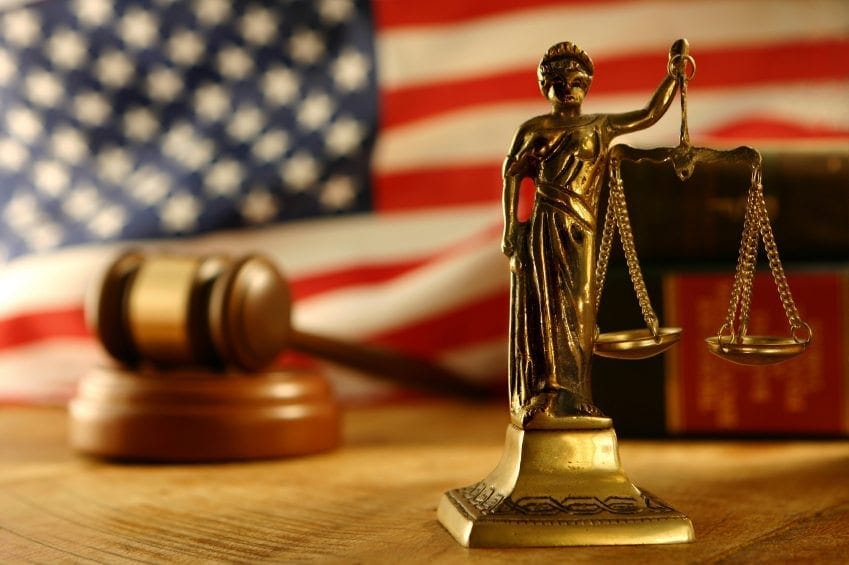


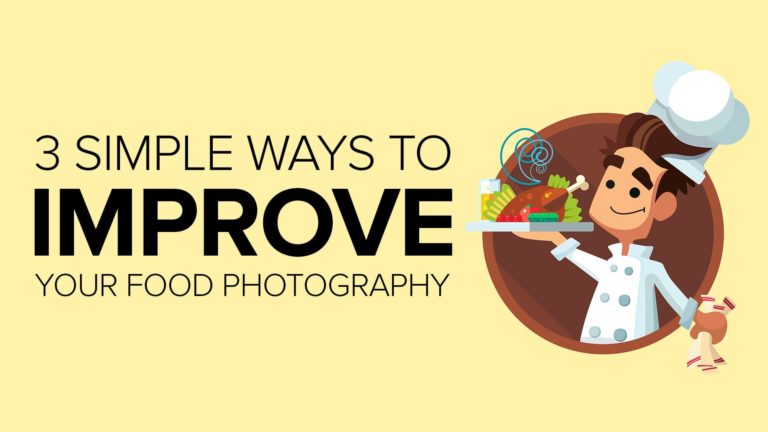
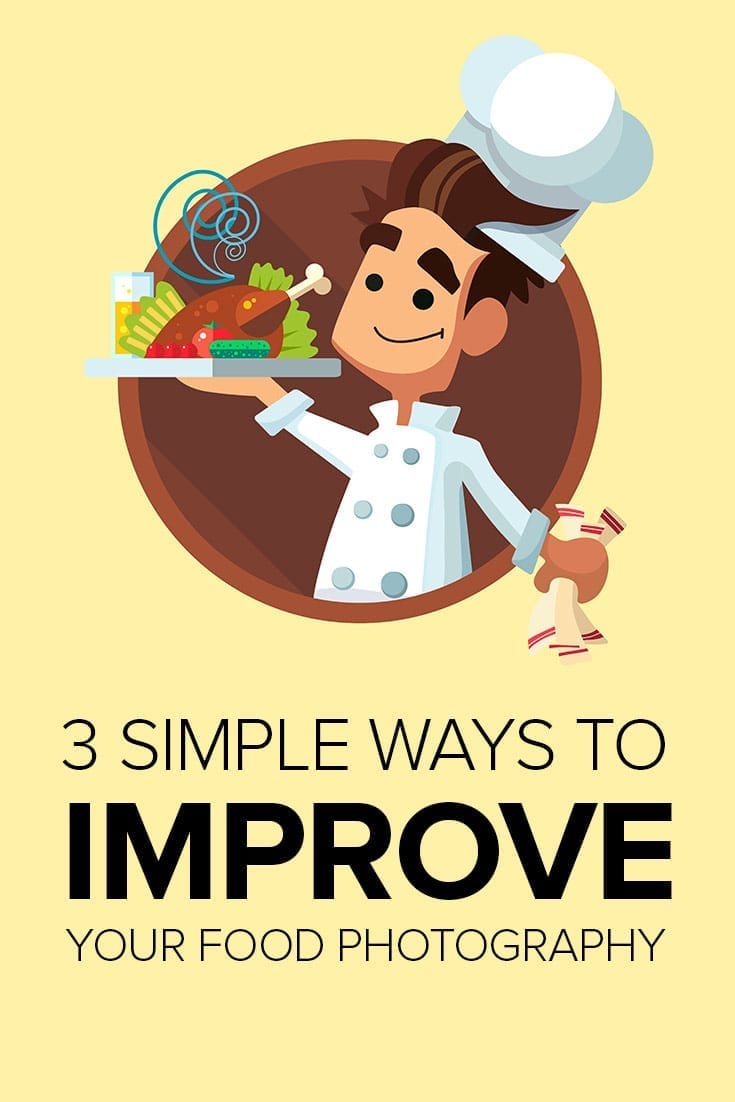
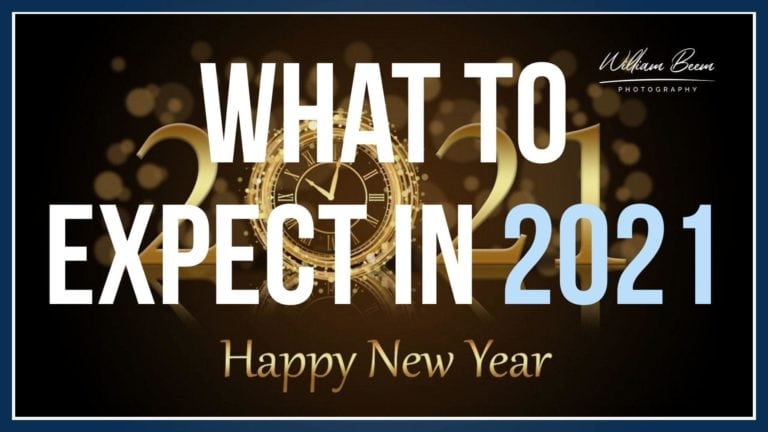
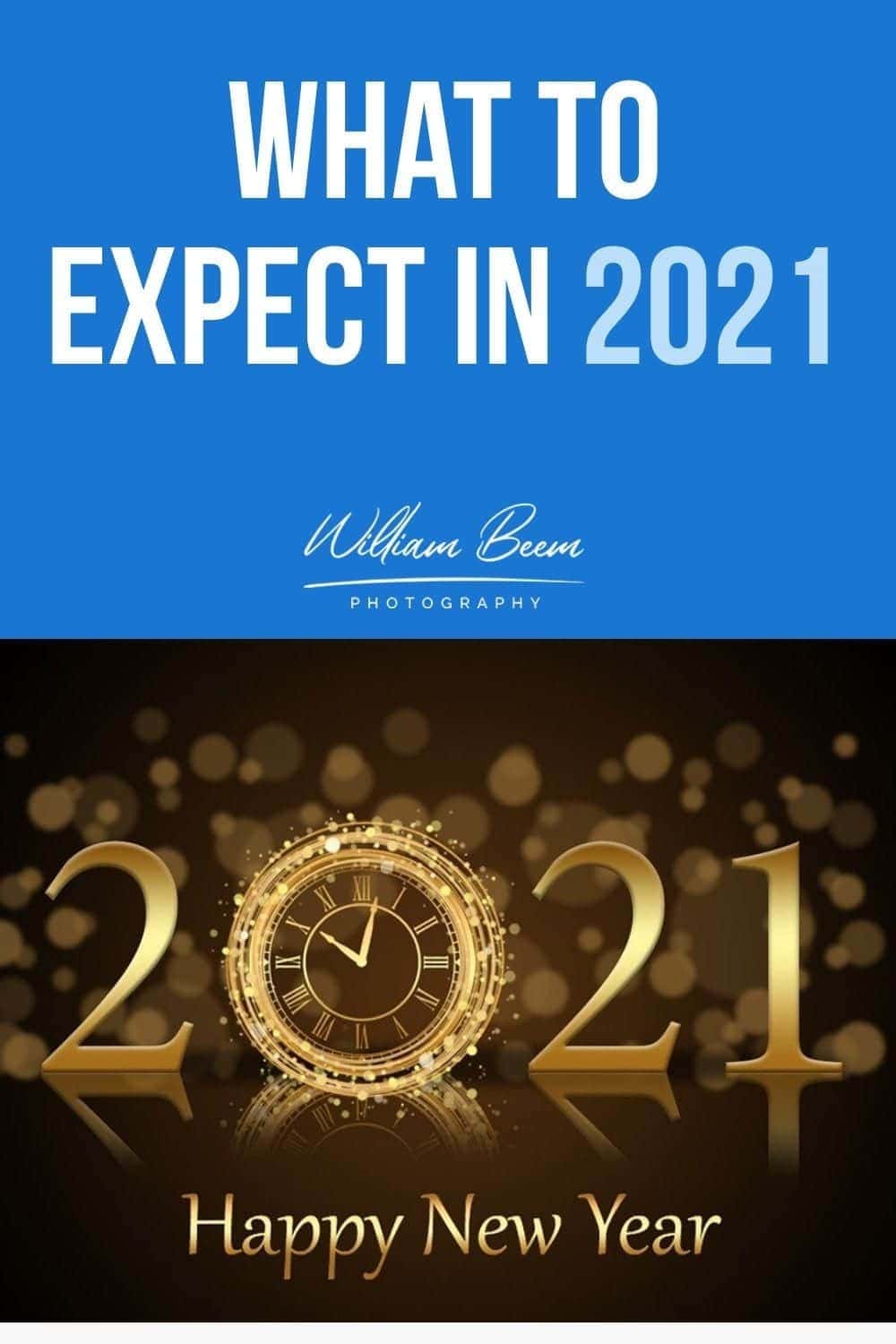
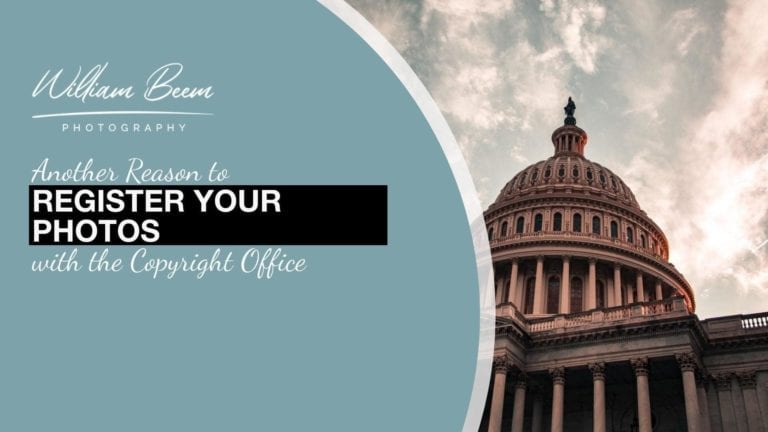
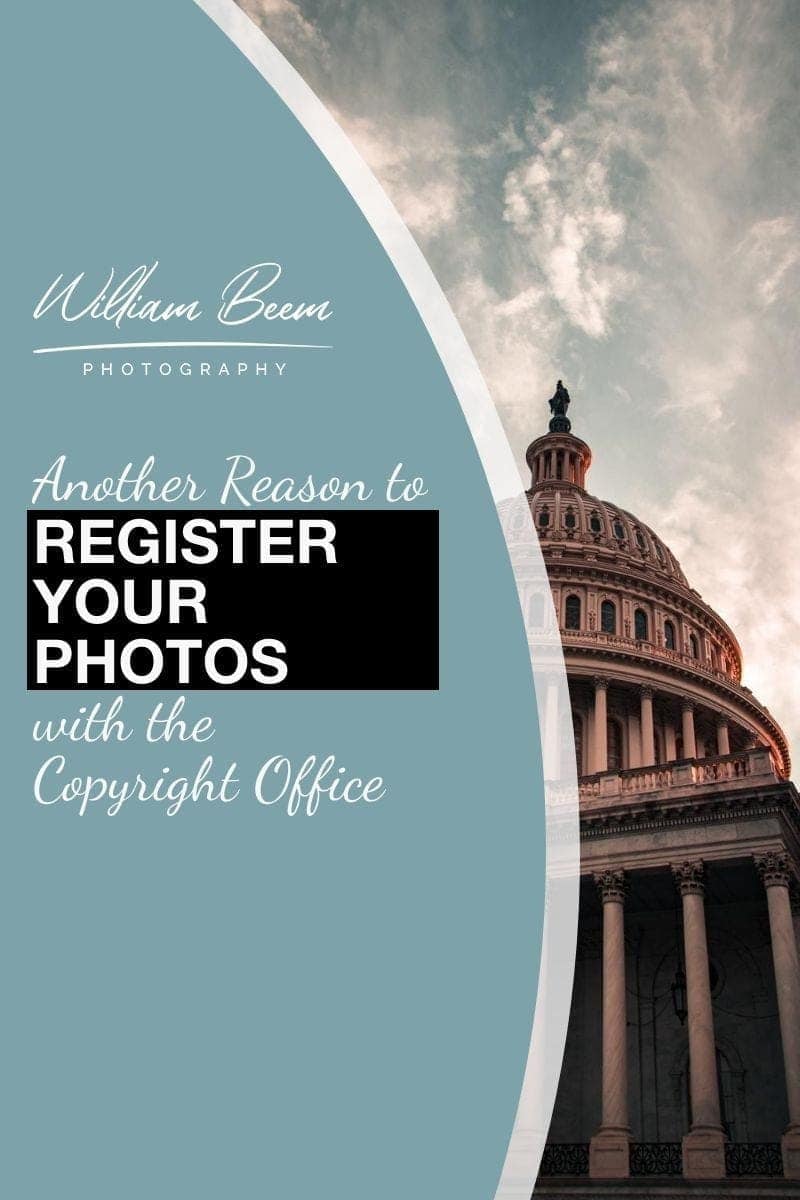
Good luck!
Would love to hear more as this develops. Its a topic I think about on a regular basis. I recently saw the situation with a photographer that just took various other photographer’s photo’s and posted it as their own.
Initially, things look good. Not much to share right now, but I’ll post more when something happens.
William I have been in a similiar situation but did not have the time to pursue it. If you can refer your attorney friend to me, I would like to seek her guidance on another situation that I am facing, which will probably warrant a lot more litigation and damage. Let me know if she can advise – I can explain it to her on email and then proceed if she thinks it can be pursued. It is largely a harassment plus negligence plus corporate ccountability kind of case, linked to misleading information that led to life damage. I would like to negotiate for settlement but since it also has ‘criminal’ angle to it, I would like to take an opinion before I proceed. And yes the offender has been informed but has not responded so I am not sure whether they are just hiding or hoping I wont bother to pursue it. A legal opinion and direction will help. Can you refer your attorney friend to me?
The attorney I mentioned in this post isn’t a personal friend, but rather someone I know of due to her blog. You can find Carolyn Wright at http://photoattorney.com and contact her there.
Good luck with your case!
looks like she is an infringement case attorney and may not have much help to offer on my situation. Also the site mentions she will not provide help on other matters without hourly renumeration!
I wonder who else can advise, altho i am not very much in favour of suing, but more in favour of sorting out the complications if any. Or perhaps asking fro a settlement to waste less time on this.